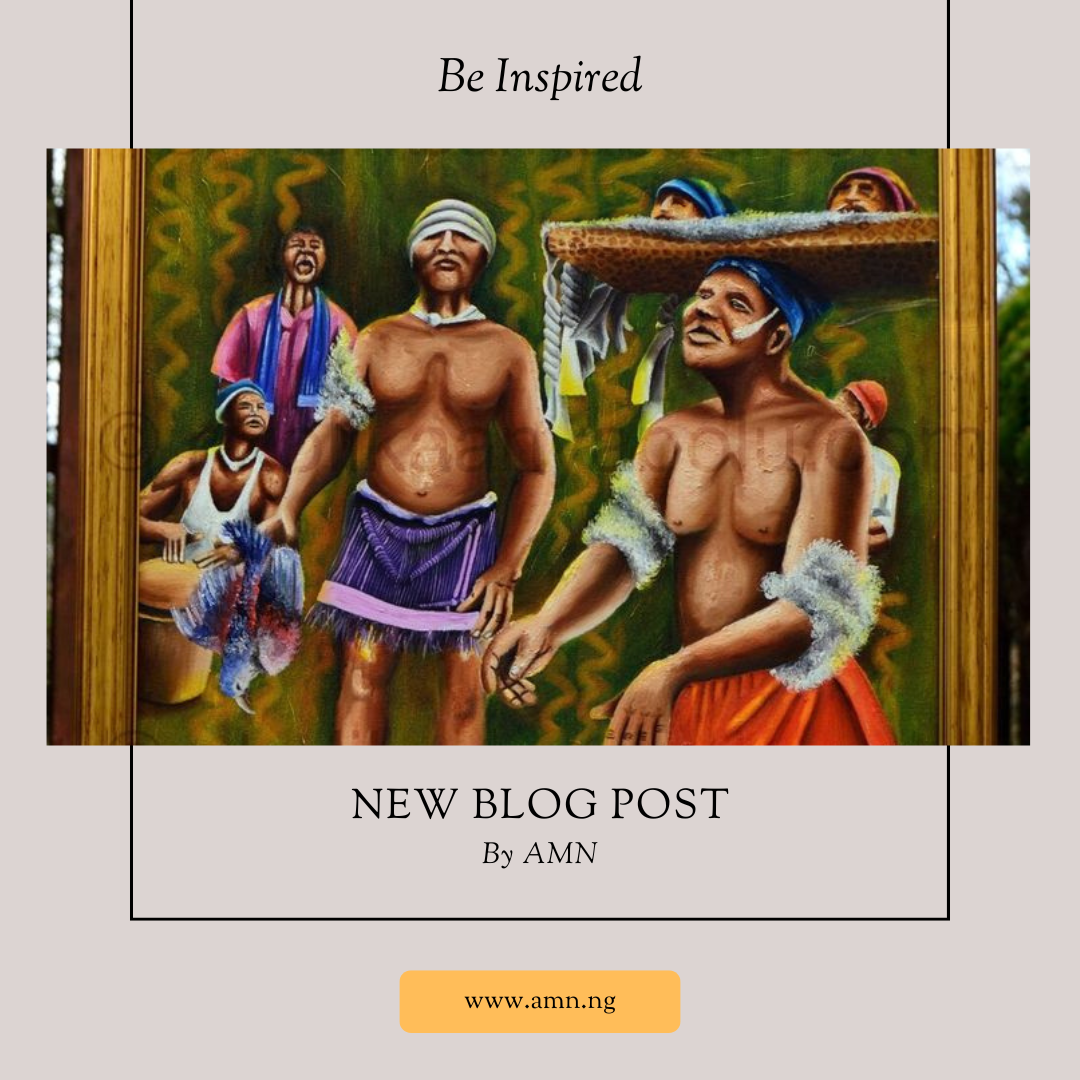Wande Coal’s Mushin 2 Mo’Hits and the making of modern afropop

I first heard Wande Coal’s music in junior secondary school 1 (JSS1) back in 2009. A classmate from a relatively well-off home owned a Nokia phone that could play FM radio. We would usually gather around it during break or after school, tuning in to hear the latest songs.
One day, “Bumper to Bumper” came on. From the opening beat, the song stood out. The rhythm was infectious, the vocals smooth and confident. It didn’t take long before we were moving and dancing to the music, even in our school uniforms and worn-out sandals. Something about the sound just felt different. It was fresh, exciting, and full of life.
That same year, Mushin 2 Mo’Hits officially dropped. The album was everywhere, playing in barbershops, phone stores, school corridors, and the streets. Alaba Market was still the centre of music distribution, and physical CDs and lyric books were in high demand. Two years later, I got one of those lyrics books and spent weeks learning most of the songs word for word. I couldn’t quite explain what made the songs special at the time, but I knew the music lingered in a different way.
Looking back now, it’s clear why the album had such an impact. Wande Coal’s voice, silky, flexible, and emotionally rich, was unlike anyone else’s in the Nigerian music scene at the time. His falsetto was smooth and effortless. His ability to switch between singing and near-rapping without losing rhythm or clarity was remarkable. There was just something precise but playful about the way he approached melody.
The album was also a wide-ranging showcase of moods and messages. Songs like “You Bad” with D’Banj captured the flashy, flirtatious energy of the Mo’Hits era. “Taboo” was provocative, almost risky for its time, but it became a significant hit among teenagers. And then there was “Ololufe”, which remains one of the most heartfelt love songs in Nigerian music history. Its stripped-back instrumentation and vulnerable lyrics allowed Wande Coal’s vocals to shine.
But Mushin 2 Mo’Hits wasn’t all about pleasure and love. In “Se Na Like This”, he addressed the frustration of hustling in a country that rarely rewards hard work. It was a subtle but powerful reflection of the struggles that many young Nigerians faced, especially those from areas like Mushin, where Wande Coal himself grew up. In an era when much pop music focused solely on fun or fantasy, this kind of honesty stood out because it, in a direct way, reflected the times it was released.
It’s why the album aligns so clearly with what the legendary American singer, pianist, and civil rights activist Nina Simone once said: “An artist’s duty, as far as I’m concerned, is to reflect the times.” Simone, known for blending soul, jazz, and protest music, also used her art to confront injustice and speak directly to the conditions of her people. Although Wande Coal may not have come across as overtly political, but through songs like “Se Na Like This”, he captured the pain and daily hustle that many Nigerians, especially the young and working-class, were forced to endure.
Much of the credit for the album’s enduring appeal also goes to Don Jazzy. His production was ahead of its time: clean, layered, and intensely rhythmic, which created a sonic environment for Wande Coal’s voice to thrive. He knew how to blend local sounds with global influences, creating beats that could work both in Lagos clubs and global playlists.
Most importantly, what made the album even more impactful was its ability to resonate with different groups. It wasn’t just the “streets” or “mainstream” that embraced it; everyone did. It played at weddings, was blasted from car stereos, and found its way into school debates about who the best Nigerian singer was. And even in that moment, many of us knew we were witnessing something special.
Today, over a decade later, Mushin 2 Mo’Hits still holds up. It doesn’t sound dated. It doesn’t feel out of place next to newer projects. That alone says a lot about its quality. The popular pidgin line “Nobody be like Wande Coal” continues to resonate in conversations about Nigerian music to this day, because, honestly, no one sounds quite like him. Artists like Fireboy DML, Oxlade, and Victony all cite him as an influence, and it’s easy to see why. His control, his tone, and his melodic instincts are all lessons in vocal excellence.
The album also marked a turning point in Nigerian pop music. It showed that commercial music could be both sonically rich and emotionally resonant. It blended street influences with polish. It gave young people a voice and a rhythm that matched their mood, fun when it was needed, serious when it mattered, and always rooted in melody.
Revisiting the album reminds me of simpler times, when music was transmitted via Bluetooth, we downloaded songs from memory cards, and lyric books were passed around. But beyond nostalgia, it reminds me of the standards Wande Coal set. He made melody a priority. And he raised the bar for what a debut album could sound like.
Much has changed since then. Albums have come and gone, but Mushin 2 Mo’Hits remains a cornerstone. Not just because it was successful but because it had heart, range, and craft. And for many of us, it was a moment.
The post Wande Coal’s Mushin 2 Mo’Hits and the making of modern afropop appeared first on Nigerian Entertainment Today.














